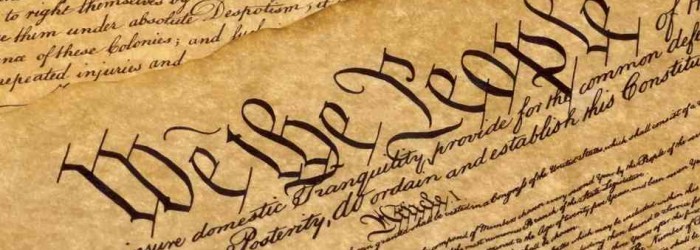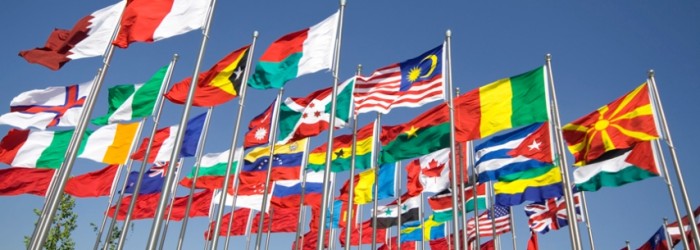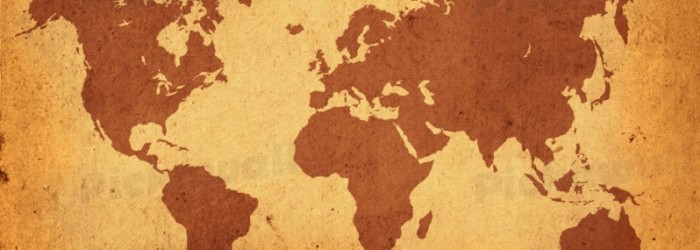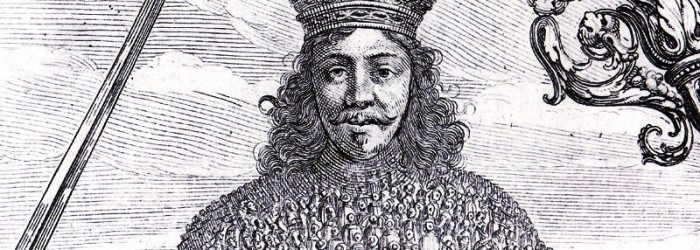The Department of Political Science offers a comprehensive curriculum designed to provide a thorough understanding of politics while providing a foundation for careers in government, law, education, business, and other fields. In addition to courses on political ideas, behavior, and institutions at the local, state, national, and international levels, the curriculum is divided into four areas of study (all of our courses are listed here, in UWM’s online course catalog):
American Politics
American politics involves the study of U.S. political institutions at the national level (e.g., Congress, Presidency, Judiciary), state and local government and politics, political parties, interest groups, policy making, elections and voting behavior, public opinion, public law and the judicial process, constitutional interpretation, and the field of public administration.
Comparative Politics
Comparative politics studies political systems of nations outside the United States, including those in Western and Eastern Europe, Latin America, Asia, the Middle East, Africa, and Russia.
International Relations
International relations focuses on American foreign policy, international organizations (e.g., the United Nations), international economics, war and peace, and international law.
Political Theory
Political theorizing means questioning the assumptions underlying both politics and political science. Courses in political theory are designed to help students understand political experiences as they are interpreted by those who are engaged in politics and also by those who study it. Political theory therefore includes the history of political ideas, the writings of major theorists, and theories of history and the social sciences.



